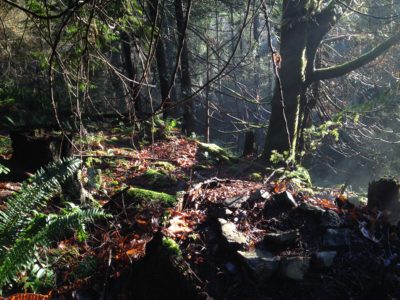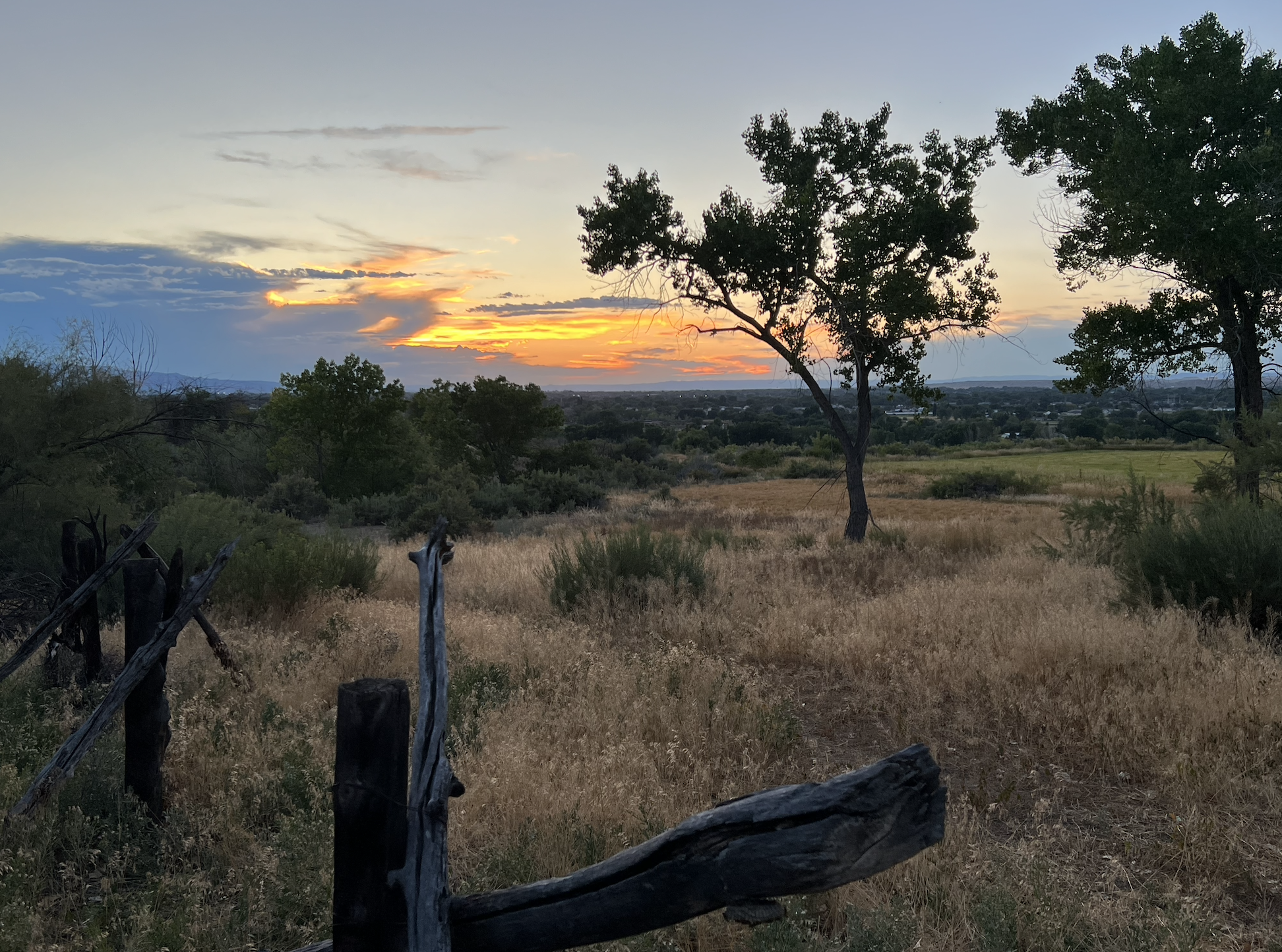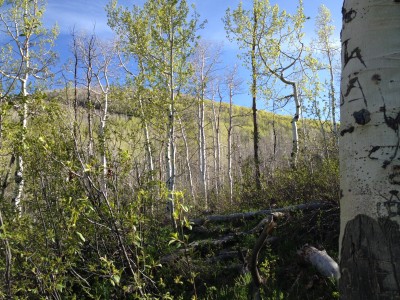
Ever wanted to lose your mind? I know, it sounds crazy. Cuckoo. In my family growing up, the phrase would have been “losing your marbles.”
At Soultime, Men’s Retreat last weekend, one part of the ritual that we created with each other was a time to be lost. Not a lot of time. For most it was a couple of minutes with eyes closed in the forest, and guided by another person who didn’t have eyes closed. It was safe. For me, I wanted it to be as long as possible. This symbolic act matched a part of the story we were engaging for the weekend, a story of people not being seen for their gifts, and thus getting lost.
Creating the ritual at Soultime is a choice. It’s never the same, which is part of what gives it life. It usually has four or five parts to it. It typically takes 1-2 hours to prepare, and 2-4 hours to do. It’s a time to not look at time. Just be in the ritual.
I didn’t know why I wanted to get lost last weekend. But it was clear, I really wanted it. It was the thing I most cared about when we were first imaging what might happen. I was hoping “lost” would last for a couple of hours, just that part of it. I felt a bit weird saying it out loud with the others, and in reflecting later. “I just wanted to be lost. I wanted the feeling.” Of course, a part of them was wondering what was up for me in this. I was too.
A few days later one of the key reasons for wanting to get lost became more clear for me. I wanted to lose my mind. I wanted to be in less thoughts. Less rational thinking. Less planning. More feeling. More freedom with time. More “stay here until we are done.” I wanted to give my rational mind, my speed and efficiency mind, a rest. Some time out. For me it meant sitting in the forest seen above. I had good rain proof pants, a good coat, hat, gloves. It meant feeling the ground and the surroundings around me. The slender tree trunk, three inches in diameter that I would lean against for a moment, feeling it’s strength and anchoring. It meant feeling the moss under me, picking some of it, and smelling it. Feeling it in my fingers. It meant putting my forehead on the ground.
Not seeing evokes a very different presence in life. A paying attention to many other layers of sensation. Paying attention to intuition. Perhaps those are all some form of mind, sure. But they feel like a different part. I have full intent to keep my rational mind — it serves me very well. However, what became clear to me is that the experience of losing mind, getting lost a bit, can be quite a comforting thing. Like remembering an old friend.
Thanks to the Soultime men for the journey together.

